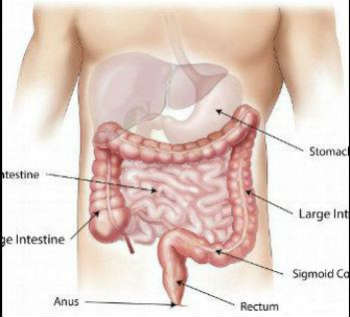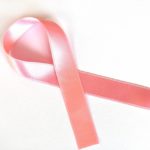Colon Cancer Signs You Shouldn’t Ignore
Affecting both men and women equally, colon cancer is the third most common form of cancer sweeping the United States. The symptoms, however, are not always apparent to most people and they can often be confused with a different medical problem altogether. That’s what makes screening for colorectal cancer a crucial part of identifying, treating and curing colon cancer, whether the symptoms are present or not.
Who Is Affected By Colon Cancer?
While colon cancer has mostly affected men and women over the age of 70, new statistics are showing an alarming rate of millennials being diagnosed with colon cancer. The cause is not quite clear yet; with some researchers leaning towards a rise in obesity triggering colon cancer, other statistics are showing that a person’s weight is simply not playing a role at all.
With this new evidence coming to light, some specialists and doctors are beginning to recommend colon cancer screening much sooner than the long practiced screening after the age of 50. Although symptoms do not always present until the colon cancer is in a later, more advanced stage, knowing what the warning signs are can help you detect any abnormalities that should be brought to your doctor’s attention. Below, are a few of the most common symptoms related to colon cancer.
Four Signs Not To Ignore
Changes In Bowel Movements
This can be difficult to detect if you already suffer from gastrointestinal issues such as Irritable Bowel Syndrome (IBS) that cause many of these symptoms, but they should not be dismissed. Experiencing constipation or diarrhea that is not related to illness or dietary changes and lasts more than a few days should be kept track of and mentioned to your doctor. Narrowing of the stool, which usually indicates inflammation in the colon and presents itself as smaller, ribbon-like stools, should also be brought up to your doctor promptly.
Dark Stools and Rectal Bleeding
Our bowel movements come out in a variety of colors, but one of those colors that should never be ignored is red or dark, almost black colored stools. The dark, almost black like color is usually a sign that there was bleeding either in the colon or somewhere along the digestion tract, which is always a cause for concern.
You might notice some blood on the toilet paper, in the toilet or streaked throughout stools. Although most rectal bleeding is caused my hemorrhoids or minor tearing of the anus, it should still be mentioned to your doctor so that the cause can be determined.
Cramping, Pressure, Abdominal Pain
Although many people experience some type of abdominal pain and cramping at some point in their lives, if it is not caused by an illness or dietary change and the symptoms do not subside within a few days, it should be mentioned to your doctor. This is especially true if you continue to feel the urge and pressure to have a bowel movement soon or immediately after doing so.
Fatigue, Weakness, Unintentional Weight Loss
These are symptoms that usually display in the later stages of almost every type of cancer. Feelings of being run down and constantly tired, along with weakness throughout the entire body. These particular symptoms are much like having the flu or other common illness, but if they do not reside on their own and are unrelated to being sick, you should talk to your doctor.
Unintended weight loss is often considered a telltale sign that there is something very wrong with the body. This is a common cancer symptom that should never be overlooked. If you’re losing weight and you aren’t trying or haven’t changed your diet or exercise, you should contact your doctor as soon as possible, especially if the weight loss is combined with other symptoms such as those above.
Get Proper Screening
As with all cancers, early screening is the absolute key to a more favorable outcome should cancer be found. Since not all types of cancers display symptoms from the start, it’s important to have a routine screening that can detect any abnormalities that need to be followed up on. If you’re over the age of 50 and have not had colon cancer screening done, such as a colonoscopy, talk to your doctor today about the benefits and importance of early detection.






